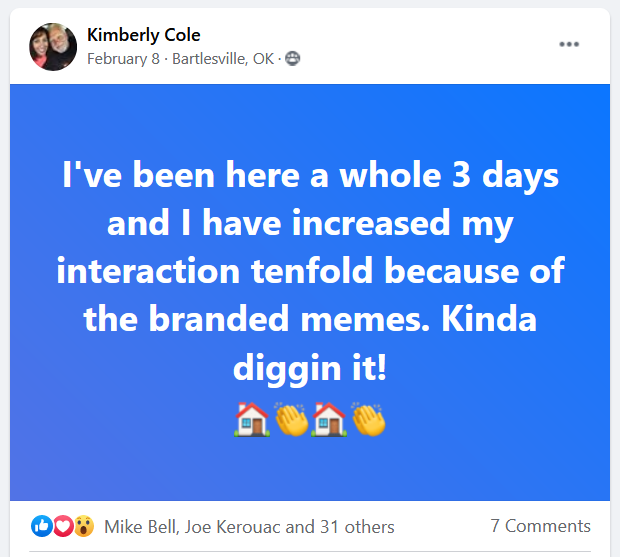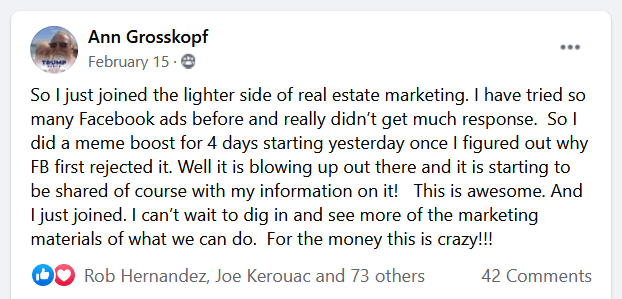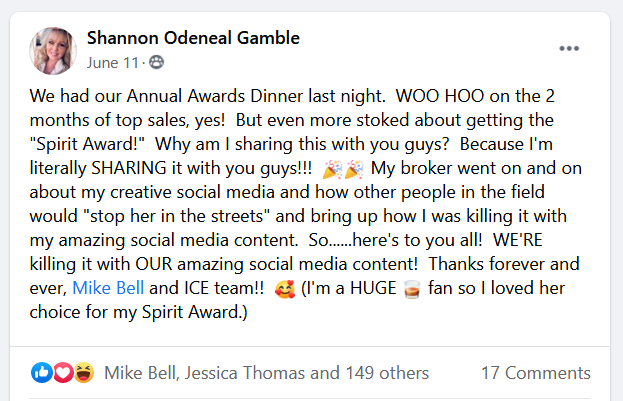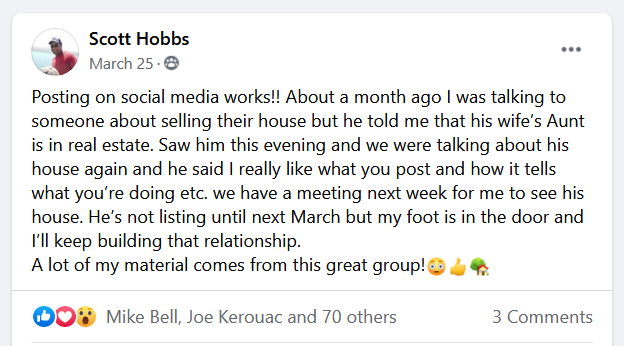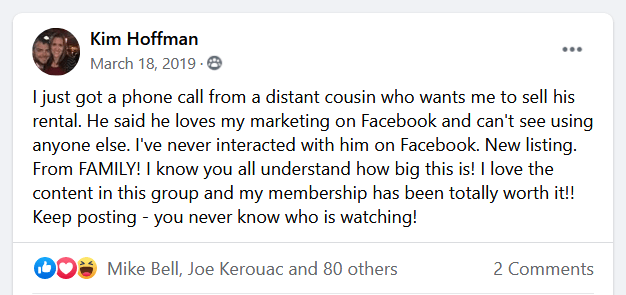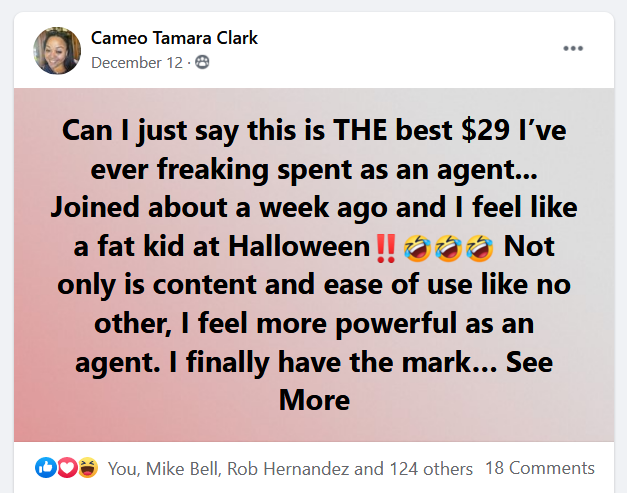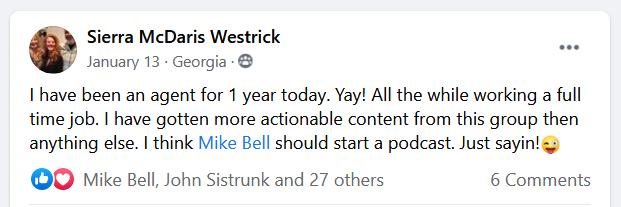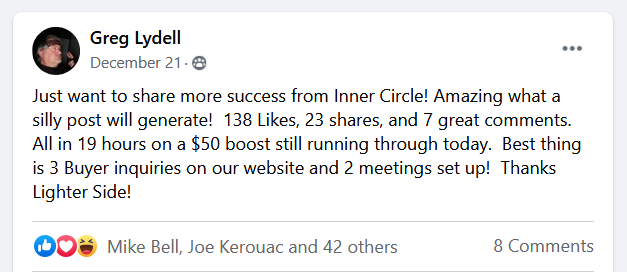
Considering Leaving the Real Estate Business? Keep Your License and Become a Referral Agent
Statistically speaking, the majority of real estate agents don’t make it beyond a couple of years, so don’t feel bad if you’re thinking about giving



Most home buyers would love to know if there’s a secret day on the calendar to get the best deal on a house.
It’s understandable considering it’s such a large purchase and many people will line up at dawn for Black Friday, and set price alerts on everything from airfare to air fryers throughout the year.
So if there were a magical 24-hour window where homes suddenly went on sale… you’d probably be tempted to try and buy a house on that day if possible, right?
Well, according to a recent report from ATTOM, that day exists! Well, sort of. While it’s backed by data, it’s not quite as cut and dry as they make it sound.
ATTOM analyzed millions of home sales and identified the days of the year when buyers historically paid the lowest premium above the automated valuation model (AVM). Their data shows that December 24th — Christmas Eve — is the single “best” day of the year to buy a home based purely on price.
But let’s pause for a second. Read that again. They said it’s the lowest premium above the AVM.
“Best,” in this case, doesn’t mean “below market value.” It just means “the least above market value.”
Which brings us to the next point…
The ATTOM report compares sale prices to AVMs—Automated Valuation Models. These are algorithm-driven estimates that spit out values based on nearby comps, historical trends, and other data points to spit out a “ballpark” figure.
Helpful? Absolutely. Perfect? Not even close. AVMs can be inaccurate, sometimes by a lot, especially for unique homes, small markets, or rapidly changing neighborhoods.
So just because a sale is below, close to, or slightly above an AVM doesn’t mean it’s a “deal” — it’s just a sale above an estimated market value, not a guaranteed bargain.
That said, comparing sales to AVMs is a consistent way to analyze pricing trends across the year. ATTOM’s approach highlights that, relative to other days, December 24th tends to show slightly smaller premiums. It’s an interesting signal — a way of spotting when pricing tends to be relatively lower.
But this isn’t proof that buyers are walking away with the deal of the year. It’s just a hint that, in some way, that day tends to align with slightly better relative pricing, based on a consistent benchmark.
Those Christmas Eve closings didn’t magically happen on the same day the deals were negotiated.
In reality, it takes weeks to get to the actual closing table — often a month or more. So it’s not like a bunch of buyers stormed the market in their holiday pajamas and pulled off last-minute miracles on December 24th.
Most of those buyers likely:
So December 24th isn’t the “best day to make a deal.” It’s simply the day those deals happened to wrap up.
That said, there is something interesting hiding in the trend…
If a seller is okay packing up their entire house and closing a deal on a day when most people are baking cookies, traveling, or ignoring their email, there’s probably a reason.
Whatever their reason, they’re motivated.
And that’s what matters. Deals are more likely to happen when at least one side is motivated — not because of the calendar, but because of the circumstances that make that date work.
So while all of those deals may have been struck on entirely different days months before, anyone choosing to close on that day has to have had some serious motivation driving that decision.
If there’s any “secret,” it’s this: deals don’t happen because of the day. They happen because buyers are ready when the right seller shows up.
The best opportunities come when you’re:
There’s no perfect time to start, but a common trap is waiting for the “best” moment — after the new year, after spring, after rates drop, after the market “gets better.”
Meanwhile, motivated sellers appear year-round, and buyers who are already active are the ones who actually get the deals.
Could you one day snag a home that closes on Christmas Eve? Sure, if everything lines up perfectly (planets, stars, your lender, your attorney… and a little luck).
Great deals aren’t tied to the calendar. They’re tied to being ready. Deals happen year-round. Some even close below AVM estimates.
The key is simply being in the market with a knowledgeable agent, understanding the numbers, and positioning yourself to recognize value when you see it.
The Takeaway:
There’s no magical day to guarantee the lowest price on a home. While ATTOM’s data shows December 24th tends to have slightly smaller premiums above AVMs, that doesn’t mean buyers are walking away with the deal of the year.
Deals happen when sellers are motivated and buyers are ready. Timing the calendar is far less important than knowing the market, being active, and jumping on opportunities when they appear — whether it’s Christmas Eve, mid-February, or any other day of the year.
If you’re thinking about buying soon, don’t wait for the “perfect” day. Start understanding the market now, and position yourself to recognize value when it shows up. That’s the real way to get a great deal.

(Shh, our secret)
Show your sphere your an expert. We have over 2100 articles covering every real estate topic your audience will love.
Position yourself as a real estate authority!
Real estate + topical events — the perfect match!
Become the bearer of good vibes!
Because hey, everyone loves to laugh!



Get our weekly email that makes communicating with your sphere on social actually enjoyable. Stay informed and entertained, for free.

Statistically speaking, the majority of real estate agents don’t make it beyond a couple of years, so don’t feel bad if you’re thinking about giving
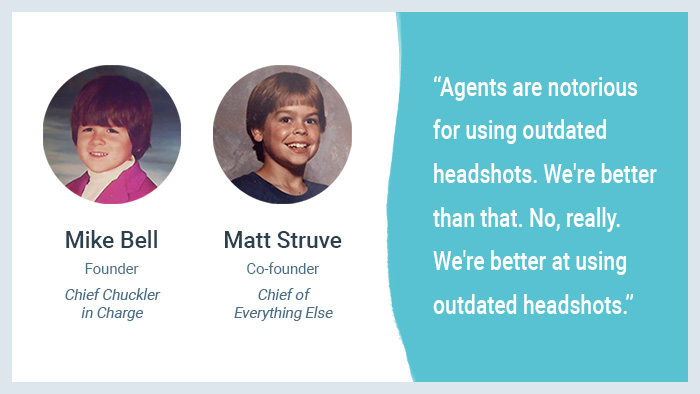
Fair Warning: This story isn’t exactly short. BUT… if you stick with me til the end, AND you’re a real estate agent, you’ll receive a

Blogging is something many real estate agents struggle with. To begin with, you might wrestle with whether or not it’s even worth doing. Is blogging

Oh, how being a real estate agent has changed over the years. It used to be that if you wanted to learn something, get another

In high school, your math teacher may have said something along the lines of, “You won’t have a calculator with you all the time.” Fast
Depending on your situation, it may not take the full 30 minutes.

This reset password link has expired. Check the latest email sent to you.
